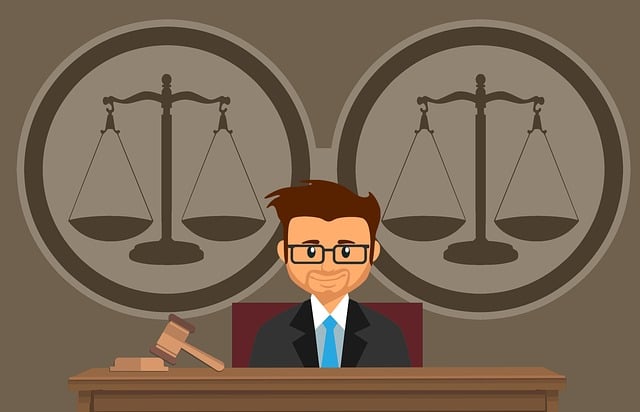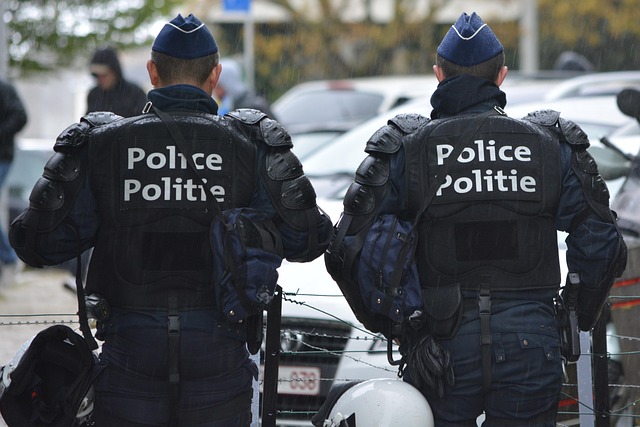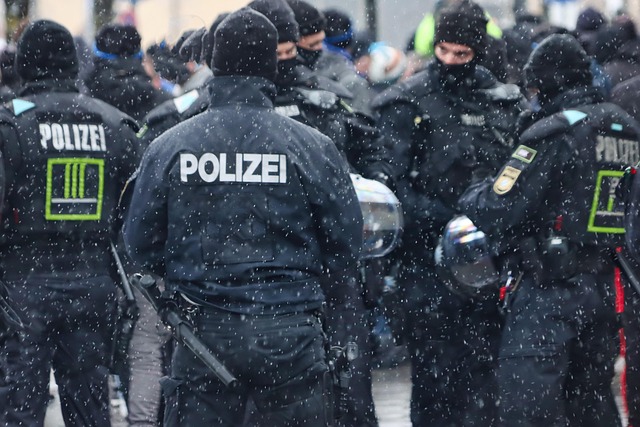C-Level investigations involve complex legal scenarios requiring specialized professionals to navigate financial complexities and sensitive data. Plea negotiations, a critical phase, offer strategic paths to resolve charges without extensive litigation, impacting public perception and financial trajectory. Case studies provide valuable insights into the art of navigating these situations, leading to desirable outcomes like charge dismissals or favorable defense verdicts. Understanding these dynamics is crucial for attorneys refining their approach in high-stakes negotiations, emphasizing effective communication, legal interpretations, and tactical decisions.
In today’s corporate landscape, C-level investigations are crucial for upholding integrity. This article delves into the intricate world of these high-stakes inquiries, examining the process, key players, and their impact on subsequent trials. We explore how plea negotiations, a pivotal strategy, influence trial outcomes through case studies that highlight both successful resolutions and valuable lessons learned. Understanding these dynamics is essential for businesses aiming to navigate legal complexities effectively.
- Understanding C-Level Investigations: Unveiling the Process and Key Players
- The Role of Plea Negotiations: Strategies and Implications for Corporate Trials
- Case Studies: Analyzing Successful Outcomes and Lessons Learned from High-Level Negotiations
Understanding C-Level Investigations: Unveiling the Process and Key Players

C-Level investigations delve into high-stakes scenarios where top-tier executives face legal scrutiny. These complex cases often involve corporate and individual clients alike, navigating intricate financial networks and sensitive information. The process unfolds with a meticulous investigation, gathering evidence through diverse avenues – from financial records to witness testimonies – to reconstruct events accurately. Key players emerge: legal counsel specializing in white-collar crime, forensic accountants tracing financial trails, and seasoned investigators unearthing hidden facts.
The outcome of these investigations can be profoundly influenced by plea negotiations. Strategically, defendants may opt for a plea bargain, trading a guilty plea for reduced charges or sentencing, which can significantly mitigate the potential impact on their careers and the corporate landscape. Conversely, robust defense strategies aimed at exposing procedural errors or challenging the admissibility of evidence can lead to successful jury trials, reshaping public perception and safeguarding reputations. An unprecedented track record of success in these high-profile cases defines top-tier investigation firms, ensuring clients receive expert guidance through this pivotal phase.
The Role of Plea Negotiations: Strategies and Implications for Corporate Trials

Plea negotiations play a pivotal role in shaping the trajectory of corporate trials. This strategic process involves companies and legal representatives engaging in discussions with prosecutors to reach an agreement, often resulting in a plea bargain. The primary goal is to avoid lengthy and costly jury trials, which can significantly impact a corporation’s financial stability and public image. By negotiating a plea deal, companies may secure a complete dismissal of all charges or substantial reductions in penalties, allowing them to mitigate potential damage.
Effective plea negotiation strategies involve presenting compelling arguments that highlight the company’s cooperative efforts, lack of malicious intent, and commitment to compliance reforms. This approach can lead to an unprecedented track record of positive outcomes for corporations facing legal scrutiny. However, it requires careful consideration and a deep understanding of the legal landscape to ensure the best possible result, balancing the desire for resolution with the need to protect the company’s interests and reputation.
Case Studies: Analyzing Successful Outcomes and Lessons Learned from High-Level Negotiations

Case studies provide a powerful tool for understanding the intricate dynamics of high-level negotiations and their impact on trial outcomes. By examining successful cases, we can uncover strategic insights that have led to desirable results. These analyses reveal the art of plea negotiations, where skilled attorneys navigate complex scenarios, often securing complete dismissals of all charges or winning challenging defense verdicts.
Each case offers a unique narrative, shedding light on lessons learned throughout the investigative and enforcement process. From pre-trial strategies to post-negotiation follow-ups, these studies highlight effective communication techniques, legal interpretations, and tactical decisions that have proven pivotal. By deconstructing such outcomes, professionals can refine their approach, ensuring a more favorable trajectory in future high-stakes negotiations.
C-level investigations, with their intricate nature and high stakes, require a meticulous approach. By understanding the process, key players, and strategies like plea negotiations, organizations can better navigate these challenges. As demonstrated through case studies, successful outcomes often hinge on effective communication, strategic planning, and learning from past experiences. Ultimately, recognizing how plea negotiations affect trial outcomes can significantly influence the trajectory of high-level corporate cases.






